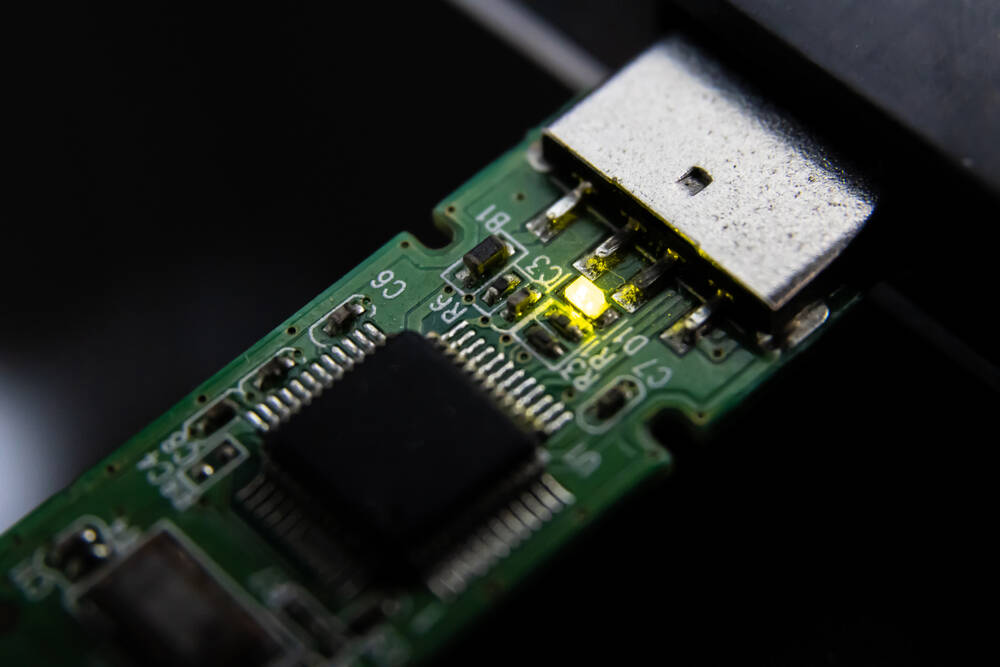Japan Stumps Up More Cash For Kioxia And Western Digital To Make Memory Chips

Japan is set to provide more subsidies for chip companies Kioxia and Western Digital to boost memory production. The move follows reports that a cancelled merger between the two could be on again.
The Japanese Ministry of Economy, Trade and Industry said it will provide an extra ¥150 billion ($1 billion) funding for the two companies, bringing the total amount of subsidy it is providing up to ¥243 billion ($1.63 billion).
Investment from Kioxia and Western Digital is expected to total ¥729 billion ($4.9 billion) for two factories producing NAND flash memory near the Japanese cities of Yokkaichi and Kitakami. The joint venture partnership has been going for about 20 years.
The plan is to boost production of flash memory in order to help meet the expected jump in demand driven by the increasing use of generative AI in the datacenter and elsewhere, according to Nikkei Asia.
The Japanese Industry Minister Ken Saito reportedly said at a news conference that "Japan and the US will work together to fulfil the responsibility of supplying memory products needed by the world."
Keeping an eye on global chip wars
Another factor is said to be the chip wars between the US and China - as we've noted before, the Biden administration has been clamping down on companies that manufacture memory parts in factories based in China. But the rules are less strict for some.
The US Commerce Secretary last year warned that companies receiving American CHIPS Act funds would be forbidden from building advanced technology plants in China for a period of 10 years, but later last year, Samsung and SK hynix were declared exempt, meaning they could keep operating their existing factories there.
Kioxia and Western Digital plan to manufacture flash memory chips with 218 layers – technology announced last year – at the two plants in Japan, with shipments to begin in September 2025. However, production lines for next-generation products are planned to be in place by 2029, Nikkei reports.
- Western Digital execs vote to split biz in two: HDD and flash
- SK hynix puts the boot into Kioxia-Western Digital merger
- Japan confirms ¥192 billion will flow to help Micron build Hiroshima plant
- Intel coughs up for something other than stock buybacks: Avoiding wafer spoilage
"With this subsidy, we will continue to contribute to the advancement of the semiconductor industry and the development of local and domestic economies," Kioxia president and CEO Nobuo Hayasaka said in a statement.
Meanwhile, recent reports hinted that cancelled merger talks between Kioxia and Western Digital could be back on again.
The two companies had been planning a merger, originally estimated to be worth more than $20 billion. But the process was complicated by the fact that rival memory outfit SK hynix is a partner in the Bain Capital consortium that owns about 56 percent of Kioxia, the former memory division of Toshiba.
With SK hynix blocking it, the merger collapsed and Western Digital announced its intention to split into separate NAND flash and hard drive businesses, although this was penciled in for some time in the second half of 2024.
However, it was reported at the end of last month that the two were in talks to restart the process, while Bain Capital was said to be in talks with SK hynix to reconsider its position. If successful, the merger could result in a company with an estimated share of global NAND flash revenue somewhere above 30 percent, rivaling industry leader Samsung. ®
From Chip War To Cloud War: The Next Frontier In Global Tech Competition
The global chip war, characterized by intense competition among nations and corporations for supremacy in semiconductor ... Read more
The High Stakes Of Tech Regulation: Security Risks And Market Dynamics
The influence of tech giants in the global economy continues to grow, raising crucial questions about how to balance sec... Read more
The Tyranny Of Instagram Interiors: Why It's Time To Break Free From Algorithm-Driven Aesthetics
Instagram has become a dominant force in shaping interior design trends, offering a seemingly endless stream of inspirat... Read more
The Data Crunch In AI: Strategies For Sustainability
Exploring solutions to the imminent exhaustion of internet data for AI training.As the artificial intelligence (AI) indu... Read more
Google Abandons Four-Year Effort To Remove Cookies From Chrome Browser
After four years of dedicated effort, Google has decided to abandon its plan to remove third-party cookies from its Chro... Read more
LinkedIn Embraces AI And Gamification To Drive User Engagement And Revenue
In an effort to tackle slowing revenue growth and enhance user engagement, LinkedIn is turning to artificial intelligenc... Read more

